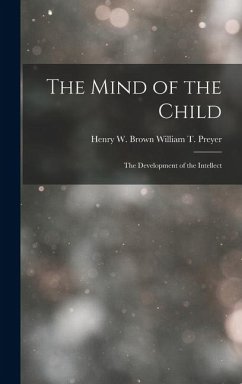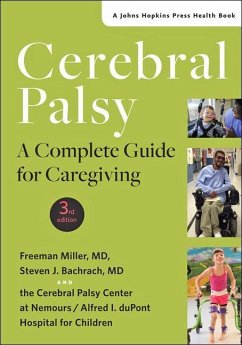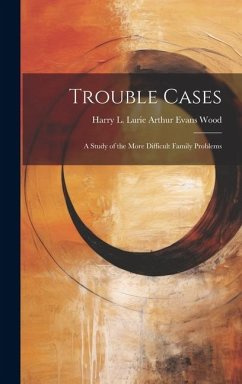
Working with Parents of Anxious Children: Therapeutic Strategies for Encouraging Communication, Coping & Change

PAYBACK Punkte
14 °P sammeln!
The topic of anxious children is on the front burner these days, both among parents and mental health professionals and it is only gaining attention as more and more clinicians are presented with anxious children in their practices. Anxiety symptoms-whether panic, OCD, phobias, social or separation anxiety-are one of the primary reasons parents seek help from a mental health professional for their child. And yet, parents may unintentionally reward or encourage the problem through their own behaviour (overprotection on the one hand, punishment on the other, or avoidance of all possible anxiety-...
The topic of anxious children is on the front burner these days, both among parents and mental health professionals and it is only gaining attention as more and more clinicians are presented with anxious children in their practices. Anxiety symptoms-whether panic, OCD, phobias, social or separation anxiety-are one of the primary reasons parents seek help from a mental health professional for their child. And yet, parents may unintentionally reward or encourage the problem through their own behaviour (overprotection on the one hand, punishment on the other, or avoidance of all possible anxiety-provoking situations). This book will tackle that very issue, exploring the critical parent-child "dance" at the centre of child development and uncovering how, with the proper knowledge and tools at hand, therapists can guide parents in changing their dynamic so anxious outbursts are reduced and a child's confidence and growth are better supported.













